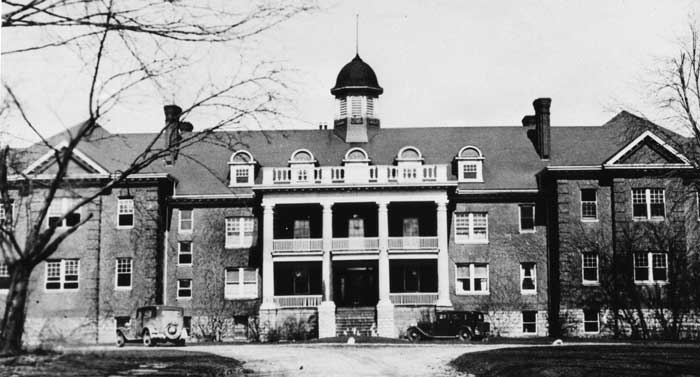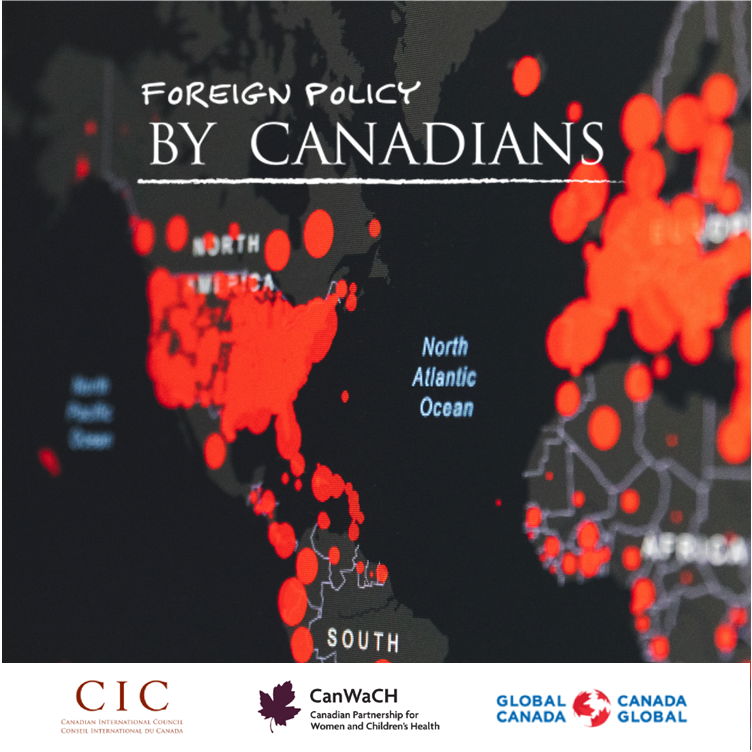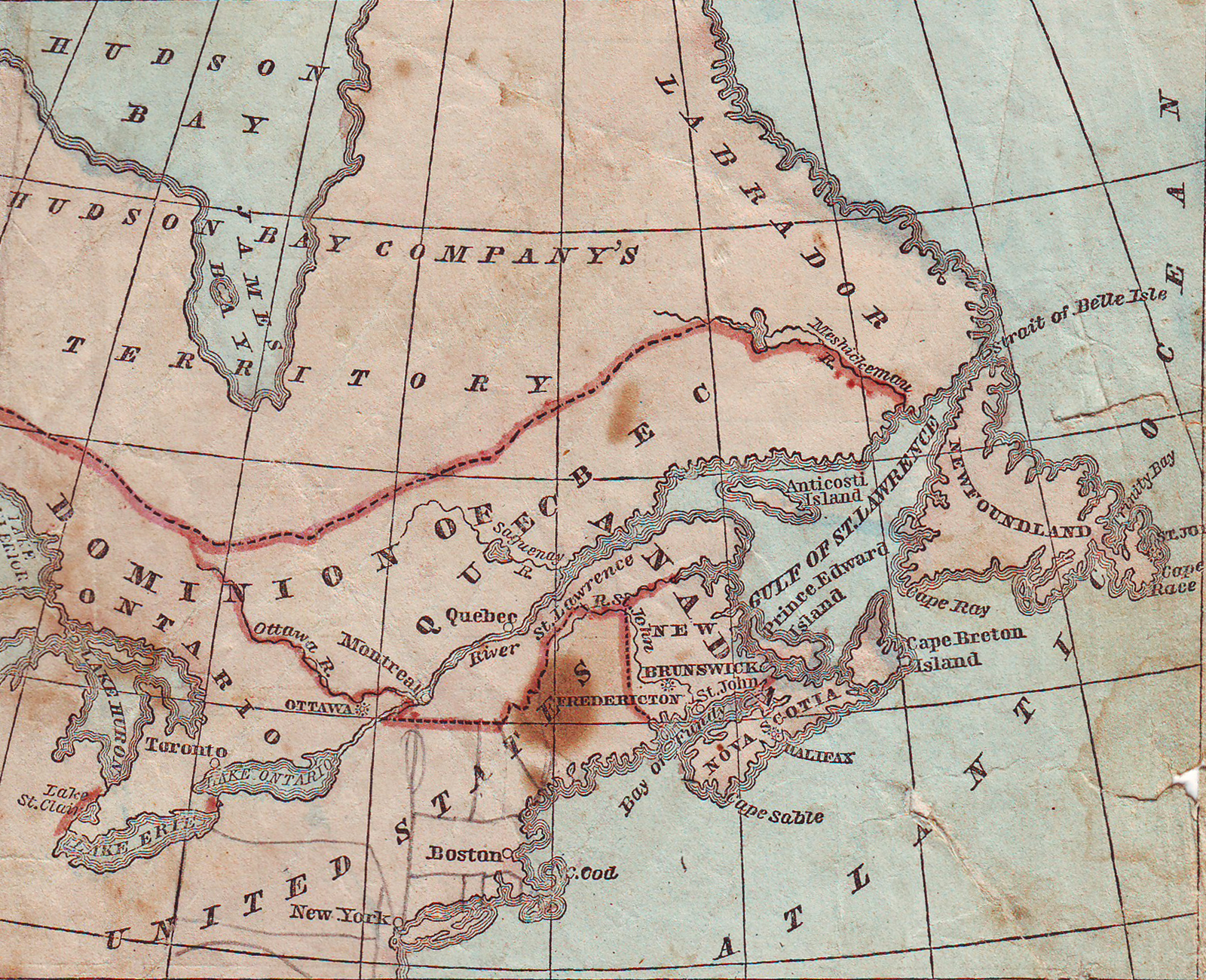|
History Wars (Canada)
A series of disputes between Canadian historians in the 1980s and 1990s that focused on the legacy of its persecution of First Nations, including Canadian residential schools, as well as the role of social history became known as the history wars. Historian Adam Chipnick describes 1998's ''Who Killed Canadian History?'' by J. L. Granatstein as "the pinnacle" of these disputes. References {{Canada-hist-stub Historiography of Canada Residential schools in Canada Historiography of genocide ... [...More Info...] [...Related Items...] OR: [Wikipedia] [Google] [Baidu] |
Australian History Wars
The history wars is a term used in Australia to describe the public debate about the interpretation of the history of the History of Australia (1788–1850), European colonisation of Australia and the development of contemporary Australian society, particularly with regard to their impact on Aboriginal Australian and Torres Strait Islander peoples. The term "history wars" emerged in the late 1990s during the term of the Howard government, and despite efforts by some of Howard's successors, the debate is ongoing, notably reignited in 2016 and 2020. The "history wars" are #History wars and culture wars, often regarded as a culture war; not to be confused with the historical Australian frontier wars, which are an important subject of the debate, the history wars have played out as a cultural conflict between key figures in the Australian political and media landscapes. The term largely refers to the extent to which the history of European colonisation post-1788 and government adm ... [...More Info...] [...Related Items...] OR: [Wikipedia] [Google] [Baidu] |
Persecution Of First Nations
Settler colonialism in Canada refers to the process and effects of colonization on the Indigenous peoples of Canada. As colonization progressed, Indigenous peoples were subject to policies of forced assimilation and cultural genocide. Governments in Canada in many cases ignored or chose to deny the aboriginal title of First Nations. The traditional governance of many of the First Nations was replaced with government-imposed structures. Many Indigenous cultural practices were banned. The relationship between Aboriginal Canadians and the Crown has been heavily defined by the effects of settler colonialism and Indigenous resistance. Canadian courts and recent governments have recognized and eliminated many discriminatory practices. Government policies Doctrine of Discovery The Catholic Doctrine of Discovery is a legal doctrine that Louise Mandell asserted is a justification for settler colonialism in Canada. The doctrine allowed Catholic European explorers to claim non-Christian ... [...More Info...] [...Related Items...] OR: [Wikipedia] [Google] [Baidu] |
Canadian Residential Schools
The Canadian Indian residential school system was a network of boarding schools for Indigenous peoples. The network was funded by the Canadian government's Department of Indian Affairs and administered by various Christian churches. The school system was created to isolate Indigenous children from the influence of their own culture and religion in order to assimilate them into the dominant Euro-Canadian culture. The system began with laws before Confederation and was mainly active after the Indian Act was passed in 1876. Attendance at these schools became compulsory in 1894, and many schools were located far from Indigenous communities to limit family contact. By the 1930s, about 30 percent of Indigenous children were attending residential schools. The last federally-funded residential school closed in 1997, with schools operating across most provinces and territories. Over the course of the system's more than 160-year history, around 150,000 children were placed in residen ... [...More Info...] [...Related Items...] OR: [Wikipedia] [Google] [Baidu] |
Social History
Social history, often called history from below, is a field of history that looks at the lived experience of the past. Historians who write social history are called social historians. Social history came to prominence in the 1960s, spreading from schools of thought in the United Kingdom and France which posited that the Great Man view of history was inaccurate because it did not adequately explain how societies changed. Instead, social historians wanted to show that change arose from within society, complicating the popular belief that powerful leaders were the source of dynamism. While social history came from the Marxist view of history ( historical materialism), the cultural turn and linguistic turn saw the number of sub-fields expand as well as the emergence of other approaches to social history, including a social liberal approach and a more ambiguous critical theory approach. In its "golden age" it was a major field in the 1960s and 1970s among young historians, and ... [...More Info...] [...Related Items...] OR: [Wikipedia] [Google] [Baidu] |
Adam Chipnick
Adam is the name given in Genesis 1–5 to the first human. Adam is the first human-being aware of God, and features as such in various belief systems (including Judaism, Christianity, Gnosticism and Islam). According to Christianity, Adam sinned in the Garden of Eden by eating from the tree of the knowledge of good and evil. This action introduced death and sin into the world. This sinful nature infected all his descendants, and led humanity to be expelled from the Garden. Only through the crucifixion of Jesus, humanity can be redeemed. In Islam, Adam is considered ''Khalifa'' (خليفة) (successor) on earth. This is understood to mean either that he is God's deputy, the initiation of a new cycle of sentient life on earth, or both. Similar to the Biblical account, the Quran has Adam placed in a garden where he sins by taking from the Tree of Immortality, so loses his abode in the garden. When Adam repents from his sin, he is forgiven by God. This is seen as a guidance for h ... [...More Info...] [...Related Items...] OR: [Wikipedia] [Google] [Baidu] |
Who Killed Canadian History?
''Who Killed Canadian History?'' is a 1998 book by the Canadian historian J. L. Granatstein. The book argues that Canadians lack national unity because of their failure to teach their country's history. Granatstein contends that multiculturalism, social historians and weak history teaching standards are responsible for Canada's lack of a historical narrative. He advocates for a greater emphasis on the study of Canadian history in schools and university history departments, especially political and military history. The 1980s and 1990s saw increasing disputes among Canadian historians, splitting between political and social historians. The historian Adam Chipnick describes ''Who Killed Canadian History?'' as "the pinnacle" of these disputes, termed the "history wars". According to Granatstein, the expanding reach of social historians in the history departments of Canadian universities has resulted in ineffectual and uneducated graduates. He further argues that poor teaching ... [...More Info...] [...Related Items...] OR: [Wikipedia] [Google] [Baidu] |
International Journal
The Canadian International Council (CIC; ) is a Canadian think tank on foreign relations. It is an independent, member-based council established to strengthen Canada's role in international affairs. Its goal is to advance debate on international issues across academic disciplines, policy areas, and economic sectors. The council is headquartered in Toronto, Ontario, with 19 volunteer-run branches across Canada. Canadian International Council (CIC) branches offer their members speaker programs, study groups, conferences, and seminars. Branches are located in Calgary, Edmonton, Halifax, Hamilton, Montreal, Ottawa, Nipissing ( North Bay), Prince George, Quebec, Regina, Saskatoon, Simcoe County, Thunder Bay, Toronto, Vancouver, Victoria, Waterloo, Whitehorse, Yukon and Winnipeg. The volunteer-driven branches are the backbone of the organization. It is through the efforts of these many volunteers that the CIC engages Canadians from coast to coast on current foreign affairs topics ... [...More Info...] [...Related Items...] OR: [Wikipedia] [Google] [Baidu] |
Historiography Of Canada
The historiography of Canada deals with the manner in which historians have depicted, analyzed, and debated the history of Canada. It also covers the popular memory of critical historical events, ideas and leaders, as well as the depiction of those events in museums, monuments, reenactments, pageants and historic sites. Amateur historians dominated publications in the 19th century, and are still very widely read, and pulling many tourists to museums and historic sites. They favored such themes as the colonial history, exploration, and the great contest for control between the British and the French. Professional historians emerged from the academic institutions, and typically were trained in British universities. Major themes in recent generations continue to be exploration and settlement, the British conquest of 1760, the independent emergence of a Quebec culture separate from both France and Britain, involvement in wars with the United States (in 1776 and 1812), and Canadian ... [...More Info...] [...Related Items...] OR: [Wikipedia] [Google] [Baidu] |
Residential Schools In Canada
A residential area is a land used in which housing predominates, as opposed to industrial and commercial areas. Housing may vary significantly between, and through, residential areas. These include single-family housing, multi-family residential, or mobile homes. Zoning for residential use may permit some services or work opportunities or may totally exclude business and industry. It may permit high density land use or only permit low density uses. Residential zoning usually includes a smaller FAR (floor area ratio) than business, commercial or industrial/manufacturing zoning. The area may be large or small. Overview In certain residential areas, especially rural, large tracts of land may have no services whatever, such that residents seeking services must use a motor vehicle or other transportation, so the need for transportation has resulted in land development following existing or planned transport infrastructure such as rail and road. Development patterns may be regul ... [...More Info...] [...Related Items...] OR: [Wikipedia] [Google] [Baidu] |





